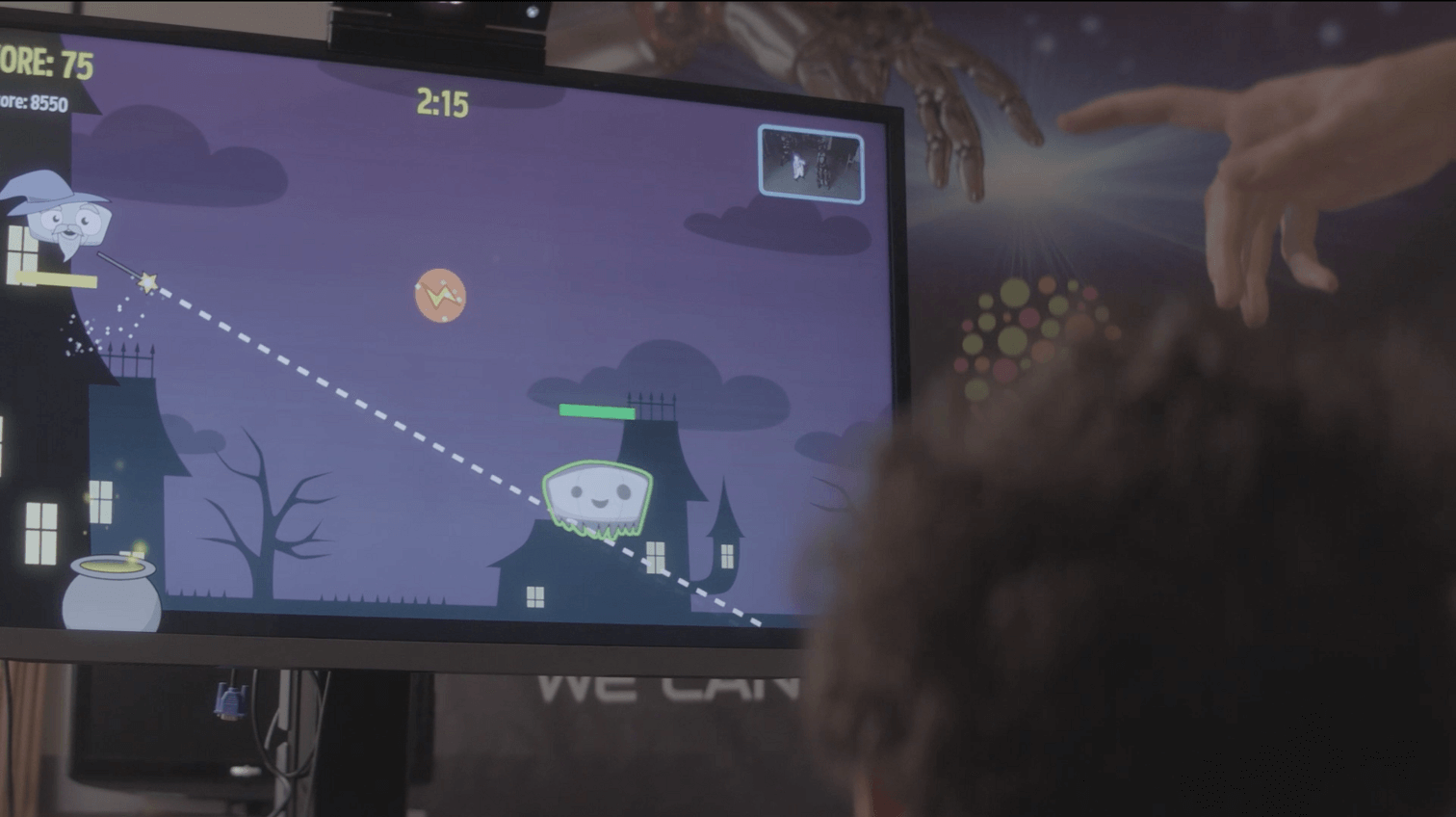
Technological innovations for improving the lives of children and youth with CP, including research into virtual reality therapies.

This project involves the development and testing of a low-cost, home-based virtual reality therapy program that capitalizes on children’s interest in video games and their ability to promote physiological change with increased feedback and motivation through repetitive play and increasing complexity of tasks. More specifically, children are rewarded for using their hemiplegic hand when playing video games.
What if therapy could meet children where they are—in the comfort of their own homes, embedded within the very act of play? This is the guiding principle behind CP-NET’s Gaming Phase 4 initiative: to leverage gamified digital health interventions to provide rehabilitation and monitoring/assessment at home. By bringing rehabilitation into the home, this initiative is reshaping how therapy is delivered—making it more engaging for children, more informative for clinicians, and more accessible for families.
Exergames are multi-player exercise video games that can be used to promote physical activity and social interaction for youth with CP. This project aims to determine if a home-based exergame intervention can provide fitness and social benefits.
